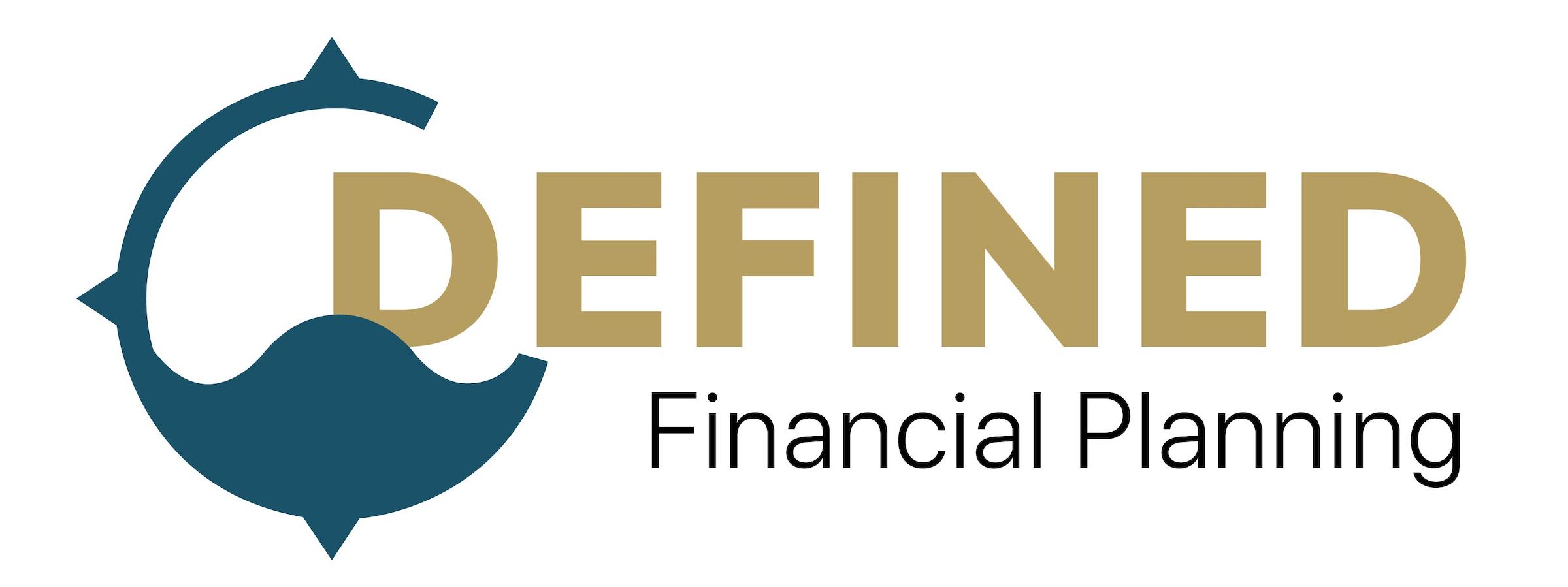
How Advisors Get Paid | Defined Financial Planning How Advisors Get Paid
By far, this is the question we as advisors get asked most often by prospective clients. A little background into arguably the most debated and very often the most confusing part of financial services is that almost all financial services representatives, whether they are insurance agents, wealth managers, financial advisors, brokers, or planners, are compensated in one of three ways:
- Fee-only: Advisory firms and their advisors can only be compensated in the form of a fee, and that fee has to come directly from their clients or their clients’ accounts.
- Fee-based: Similar to fee-only, advisory firms, and their advisors are paid a fee directly from their clients. Clients will usually pay for the advice they are given and for the financial planning services which they receive. How fee-based differs from fee-only is that the firms and their advisors can also be compensated by outside business activities and third-parties on the sales of other particular financial products that were sold to the client.
- Commission-based: Compensation to the advisory firms and their advisors will come from the sales of certain financial products. Some examples of these transactions are life insurance, annuities, and pooled-investment products, such as mutual funds. Commissions are usually paid by third parties in the form of sales commissions.
What does all of that mean?
Fee-only is pretty straightforward regarding transparency and pricing. A fee-only advisor cannot earn commissions. Their sole source of income must come from the fees which they charge their clients. They charge for the advice which they provide to their clients, and the charge is most commonly based on a percentage of “assets under management” which the advisory firm and the advisor manage for each client.
For financial planning, advisors usually charge based on the type of engagement they have with the client. The advisor will usually charge based on the complexity of the plan, the commitment time needed to complete the plan, and whether the engagement between the advisor and the client will be limited one-time project vs. an ongoing basis.
When I referred-to the most-debated and very often the most confusing part of financial services, I am talking about the next two types of advisors' compensation. A commission-based advisor may be compensated with a small salary which is paid by the advisory firm and then the advisor will be compensated with a much larger commission for the product they sold to the client. The biggest problem with commissions is simply their lack of transparency because advisors are paid by third parties and not directly by the clients. That means the clients are usually not aware of the true costs of ownership of the financial products which they bought. Firms are required to disclose how much they charge for the sales of the products, but of course, the fees are buried within those thick books - called a prospectus.
A fee-based compensation is the most popular way in which advisors are paid and often creates the most confusing for clients to understand that is because the fees which advisors earn come from a combination of clients’ fees and commissions. Advisors charge fees for the advice which they provide for assets under management or for the financial plans they create. They can also earn commissions for the products which they sell, which can cause advisors to “double-dip” on compensation. This creates conflicts of interest because they might not offer you products that are in the clients’ best interests, but they might offer products that provide the advisors with the most compensation. The majority of advisors' compensations come from the product which they sell to you and the services they provide. This usually comes from the sale of funds, products, or services such as advice or financial plans they create. An important point to remember is your advisory firm and your advisor work for you. Much in the same way, that any other service-related business does, there is a cost associated with the service provided to you and usually, you are aware of how much that service is costing you. Do not be afraid to ask them how much their advice and recommendations are costing you
Remember your advisory relationship is built on trust and no advisor should be nervous, agitated, or alarmed to disclose their fees to clients. If an advisory firm and your advisor do not openly disclose their fee structure and their fees, then is your relationship built on trust? You should never feel uncomfortable asking how much you are paying for each financial service. More specifically, you should ask how all fees are structured in your relationship. They should be able to show exact dollar figures and transparently where you can see how all of your fees are structured. If you feel that you are not receiving all of the information or they are not being transparent, try to ask them more pointed questions:
- How much have I paid you for the advice you have provided me over the last ____ quarter/year? Are there separate fees for each service?
- i.e. Investment management, Financial planning?
- What other fees are there associated with my accounts?
- i.e sales charges, fund expense ratios, transaction fees, surrender fees, account maintenance fees, administrative fees, etc.?
- Have you or the firm received any commission-based compensation on any of my accounts?
- If so, then for which products did you receive a commission, and how much were you and the firm paid for each product?
- Have you received any referral fees for any services you might have recommended to me?
After you have asked questions, and if you still do not feel that you received an open and full disclosure of your fees, it might be time to look for a new firm. If you have any questions about the fees and want assistance with understanding them, we will be happy to go over that with you.
Our fees are disclosed on our website and in our brochure, and we go over them in full with our prospects before they sign anything.
